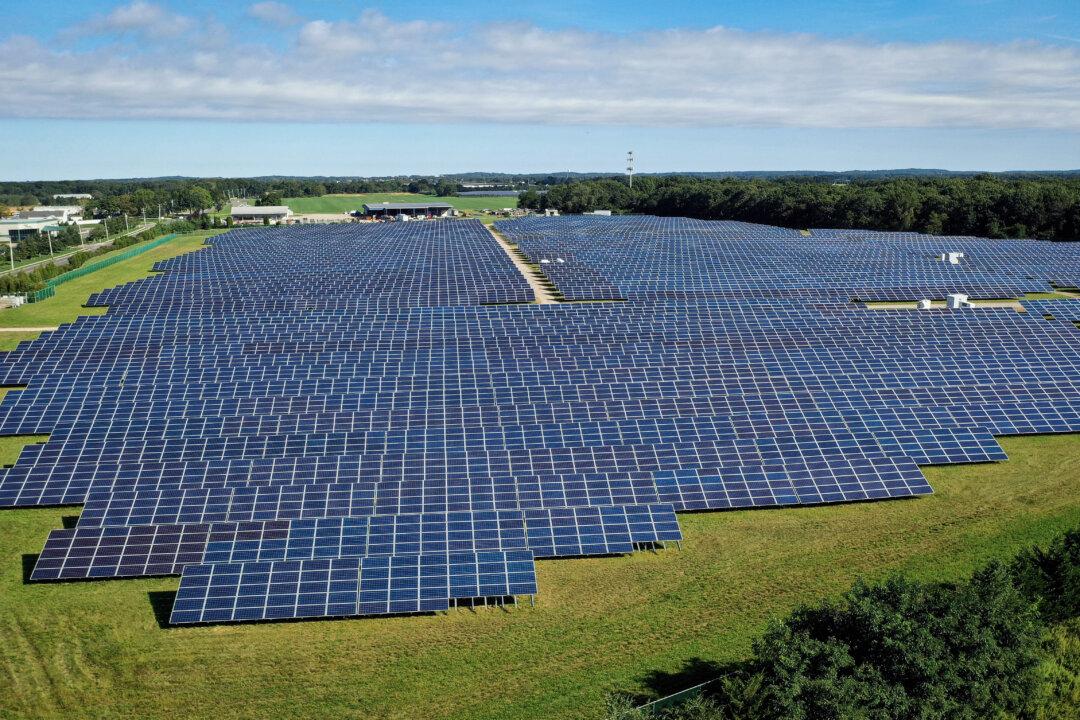In a nation-first, Australia’s corporate watchdog has fined solar and gas firm Tlou Energy $53,280 (US$34,625) for “greenwashing” and claiming its electricity production was carbon neutral.
Greenwashing is the practice of misrepresenting the extent to which a product, service, or investment fund is environmentally friendly, sustainable, or ethical.





